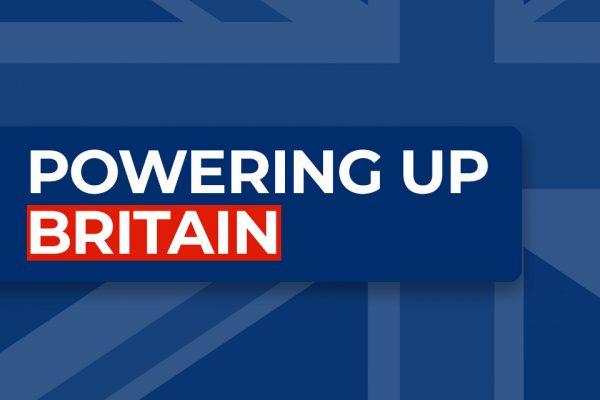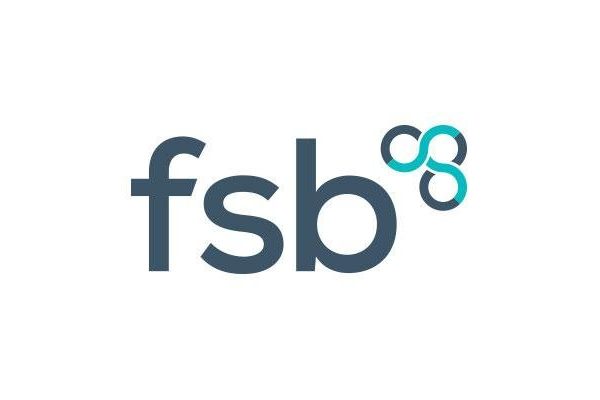The UK SME organisation, the FSB (Federation of Small Businesses), has called on the government to give SMEs greater support when it comes to exporting goods after the latest report from the Office of National Statistics (ONS) reported a widening of the trade deficit.
The ONS report said: “In the three months to September 2017, the total UK trade (goods and services) deficit widened by £3.0 billion to £9.5 billion; this was largely due to an increase in imports of goods, primarily due to increased imports of machinery, unspecified goods (including non-monetary gold) and fuels, partially offset by a decrease in imports of aircraft.”
Mike Cherry is the national chairman of the FSB and says of the latest ONS report: “The continuing trade deficit shows work needs to be done to encourage the UK’s small businesses to trade overseas. Our research shows that one in five small businesses currently exports, and with the right support that figure could be double.”
“Bespoke support is important for small and micro businesses. As well as current initiatives to support reactive exporters, more needs to be done to help turn small businesses into strategic exporters. Without this, we will not be able to turn the dial on productivity. Export vouchers would be a good start and this month’s Industrial Strategy must contain concrete recommendations to help small firms exploit future exporting opportunities.”
It’s not clear exactly what the FSB means by Export Vouchers. But from our experience at Tamebay, especially for marketplace retailers, the concerns about exporting are rather more complex than a cheeky tax break. A little incentive from government is unlikely to get merchants selling overseas with much enthusiasm.
Rather we’d characterise the problems as boringly practical. Even within the EU, and obviously further afield, dealing with VAT and sales tax is an expensive nightmare. Whilst services do exist to ensure that marketplace retailers meet their obligations, they can be expensive and cumbersome to engage.
Concerns about foreign exchange issues are also significant, especially with the weak pound and currency fluctuations right now. And, of course, Brexit uncertainty doesn’t add to a culture of confidence. It’s very difficult to invest in EU operations during this very concerning period of uncertainty.
What would be a key driver for you to begin exporting overseas, if you don’t already?








